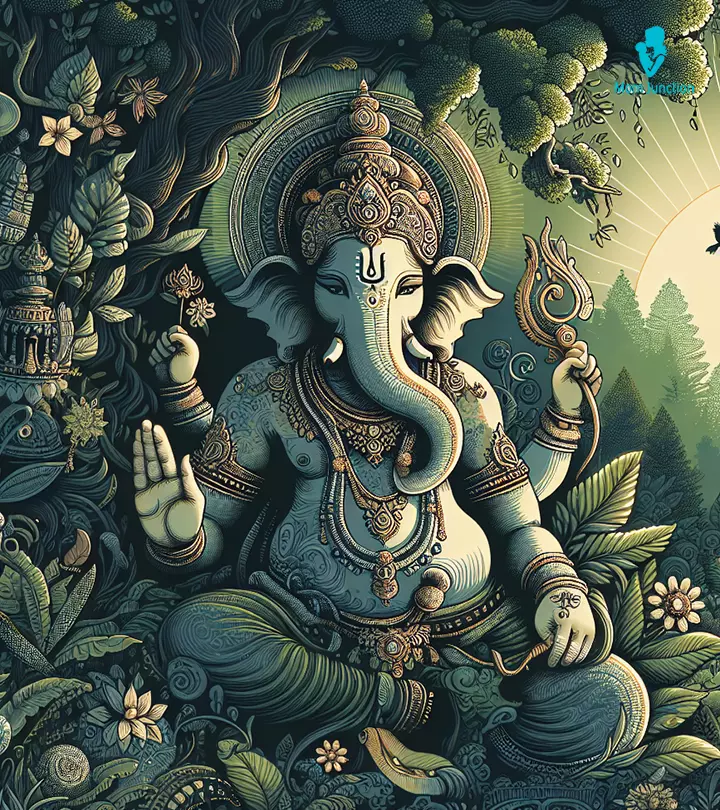Enlightenment in the Hindu perspective is a profound and multifaceted concept, deeply rooted in the spiritual and philosophical traditions of the Indian subcontinent. It is often described as “moksha,” which signifies liberation from the cycle of birth, death, and rebirth (samsara) and the realization of one’s true self or consciousness (Atman) as being identical to the ultimate reality (Brahman).
The path to enlightenment in Hinduism, unlike in some other traditions, is not linear but can be approached through various means depending on an individual’s temperament and stage of life. The Bhagavad Gita, a seminal text in Hindu philosophy, outlines several paths to enlightenment: the path of knowledge (Jnana Yoga), the path of devotion (Bhakti Yoga), the path of selfless action (Karma Yoga), and the path of meditation (Raja Yoga). Each of these paths is designed to suit different personalities and life circumstances, recognizing that enlightenment is accessible to all.
Jnana Yoga focuses on the study of sacred texts and the pursuit of wisdom through introspection and reflection. It emphasizes the importance of discerning between the real (Brahman) and the unreal (Maya, or the illusionary world). Through deep meditation and inquiry, an individual seeks to transcend ignorance and realize their unity with the divine.
Bhakti Yoga, on the other hand, is the path of devotion and love for a personal god. It involves practices such as chanting, prayer, and rituals, fostering a deep emotional connection and surrender to a higher power. Through this devotion, practitioners aim to dissolve their ego and merge with the divine consciousness.
Karma Yoga is the path of selfless action, where individuals engage in their duties without attachment to the results. By dedicating the fruits of their labor to the divine, they purify their minds and transcend the ego, slowly progressing towards liberation.
Raja Yoga, often associated with the Yoga Sutras of Patanjali, emphasizes meditation and mental discipline. It involves ethical practices, physical postures, breath control, and deep meditation to calm the mind and awaken spiritual insight. This path highlights the importance of controlling the mind to achieve inner peace and self-realization.
Enlightenment in Hinduism is not merely an academic or intellectual pursuit. It is an experiential awakening, a transformative inner realization that transcends ordinary human perception. It is about dissolving the illusion of separateness and recognizing one’s eternal connection with all of existence. Hindu scriptures, particularly the Upanishads, often describe the experience of enlightenment as an indescribable, blissful state in which one perceives the unity of all things.
In essence, Hindu enlightenment is about realizing one’s true nature and potential beyond the physical and mental confines. It is an ongoing journey of self-discovery and spiritual growth, one that is deeply personal and universally accessible. This perspective encourages individuals to seek inner truth and harmony, cultivating wisdom, compassion, and contentment as they progress towards liberation.

